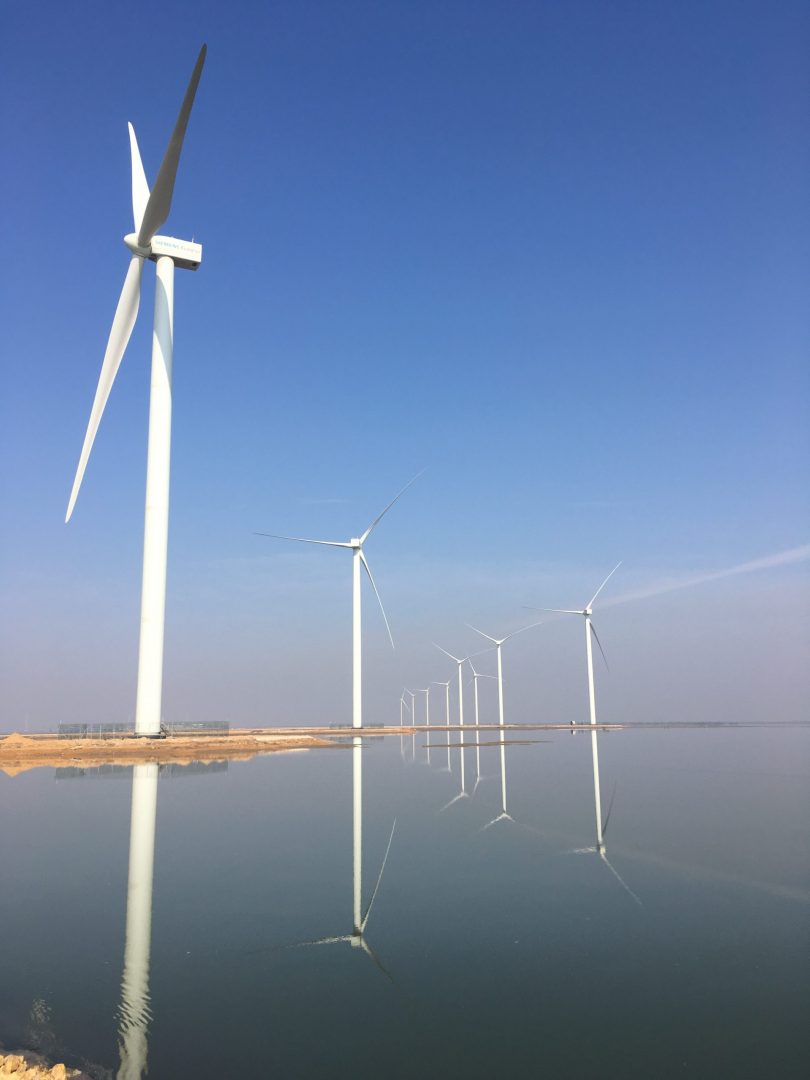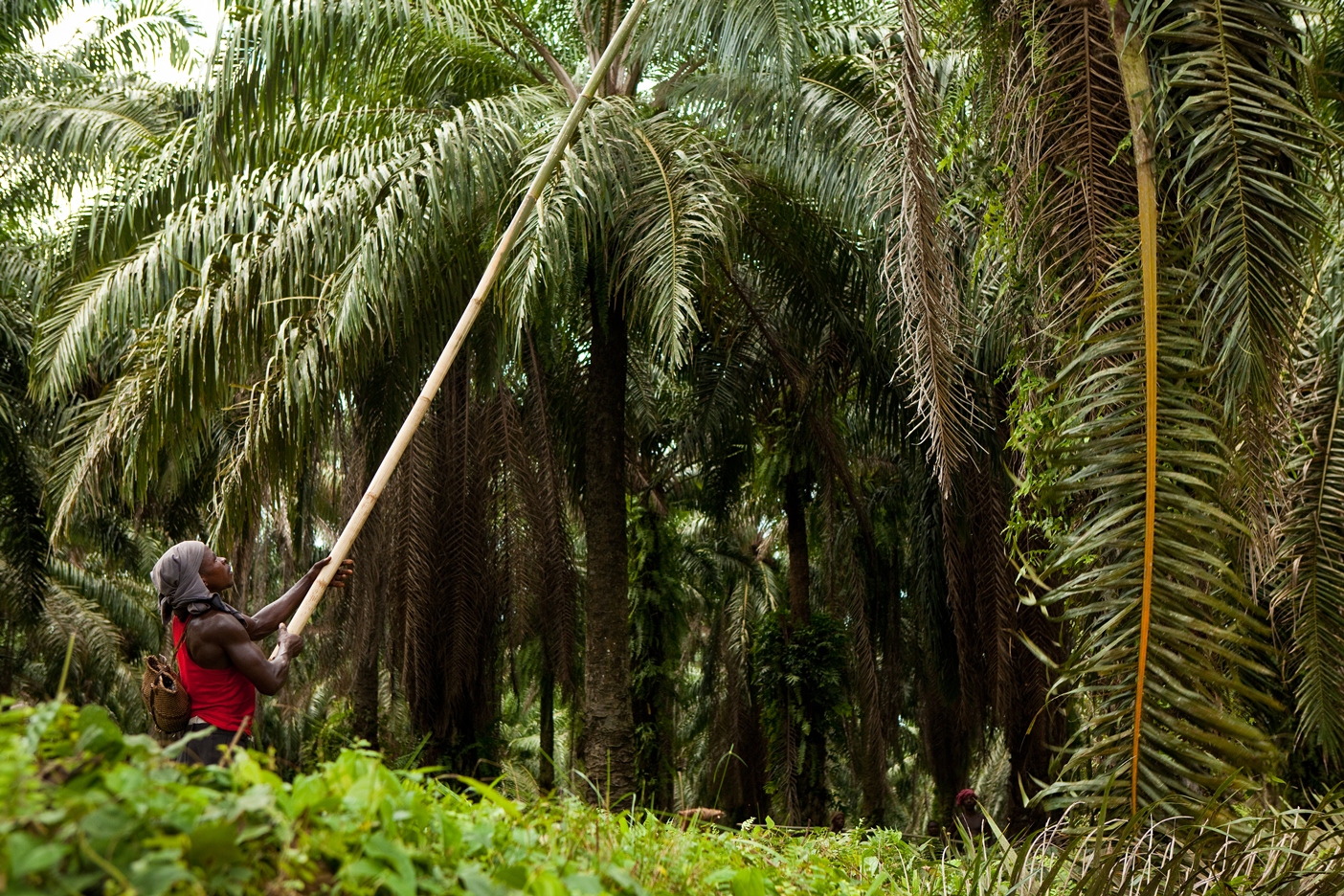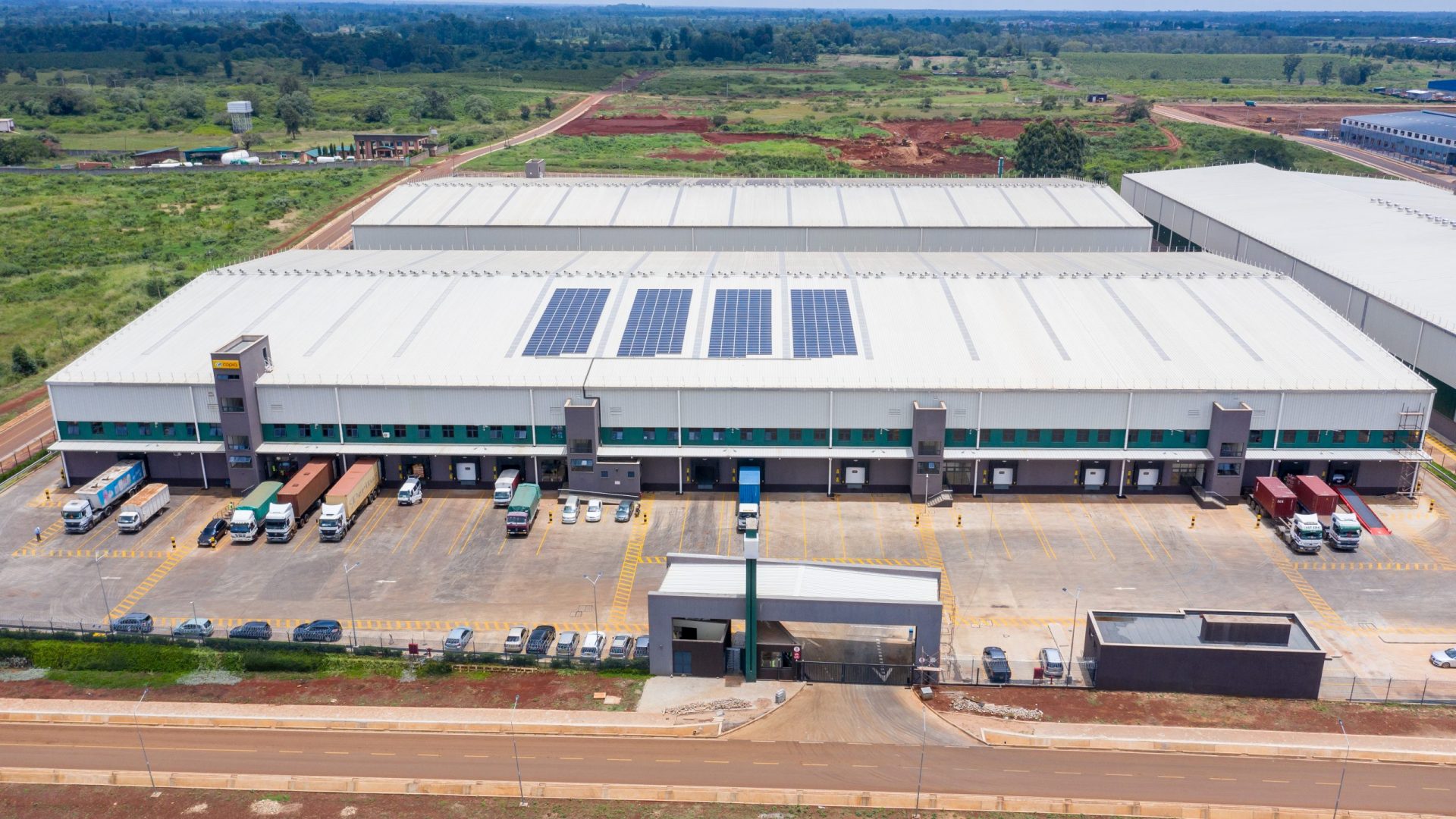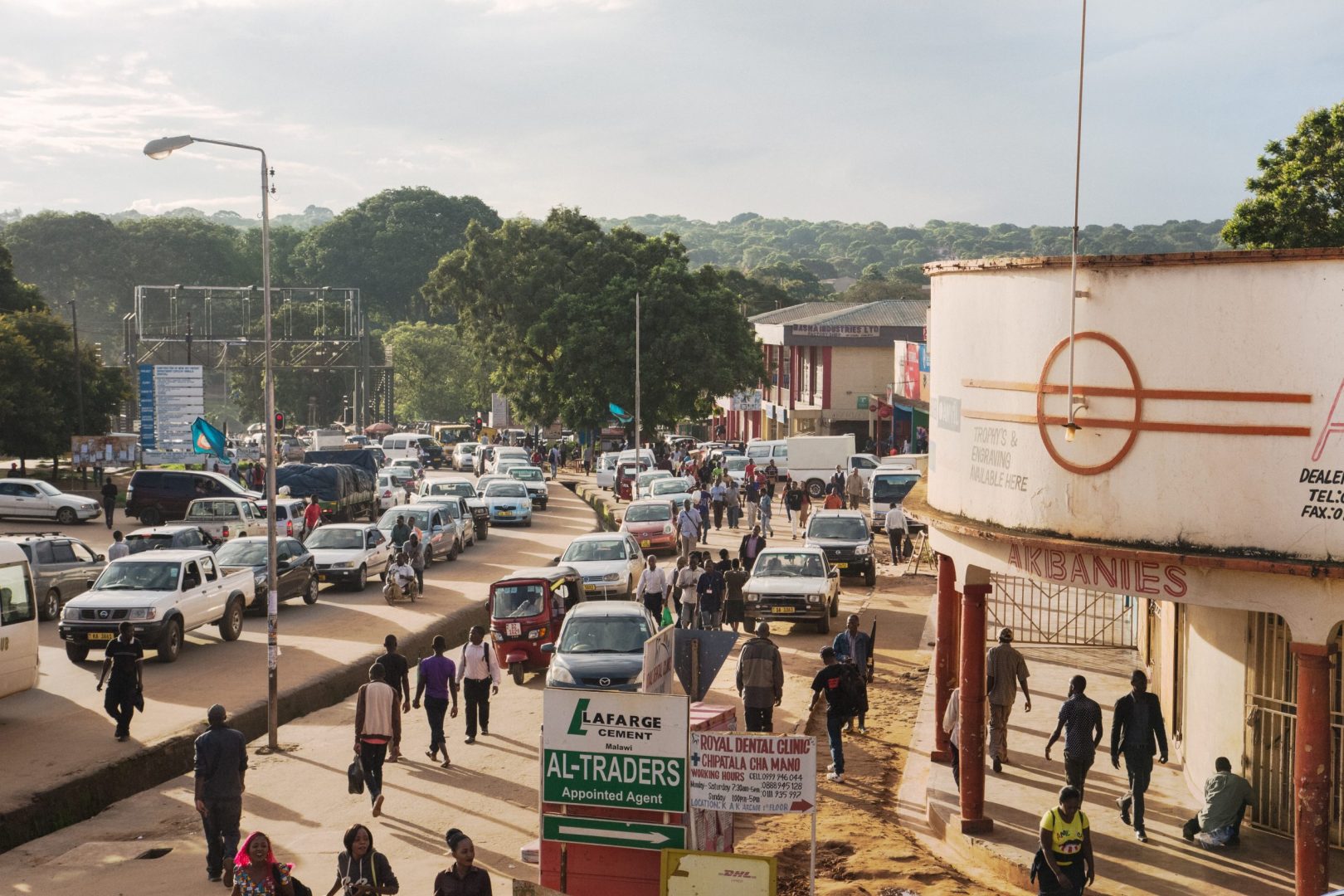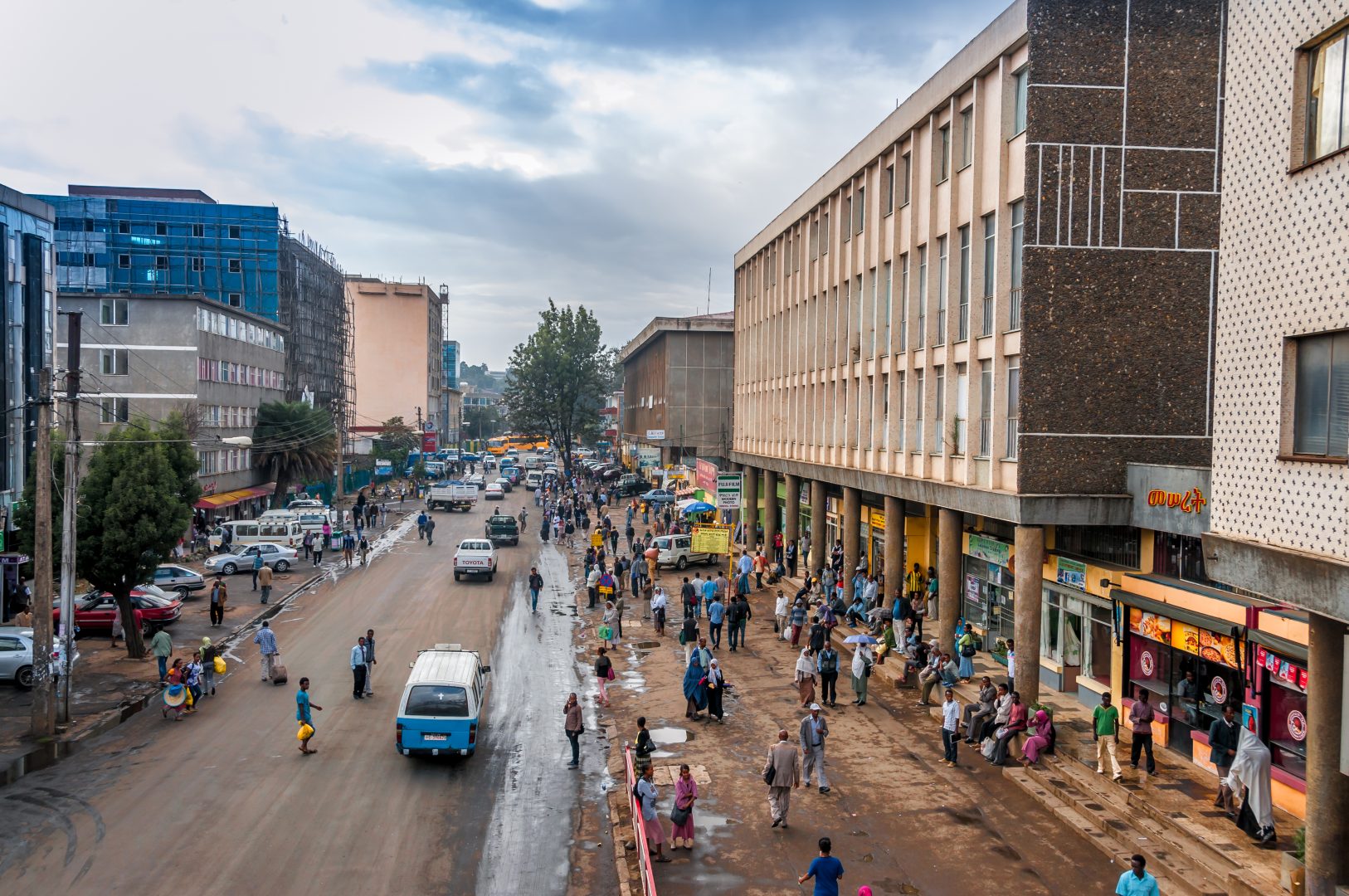What is the economic impact of COVID-19 in Nigeria?
Economies around the world are fighting the effects of the COVID-19 pandemic, not least in Nigeria, which was already tackling its own fiscal challenges. At CDC, we’ve been committed to the country since our early days – we first opened an office in Nigeria in 1948 – and will continue supporting businesses in the country throughout its recovery from coronavirus.
On Thursday 7 May we spoke to Andrew S. Nevin, Partner and Chief Economist, West Africa, PwC, and Muyiwa Oni, Head of Equity Research, West Africa, for Stanbic IBTC (Standard Bank Group), to hear their thoughts on the economic impact of COVID-19 in Nigeria, and the opportunities for both development and investment in the aftermath of the pandemic. Here are some of their insights:
Andrew S Nevin sees opportunities for economic recovery in Nigeria
Increasing fiscal pressures
After slipping in to its first recession in 25 years in 2016, growth in Nigeria’s gross domestic product (GDP) returned but remained below population expansion, meaning that Africa’s most-populous nation became poorer per capita between 2017-2019. The economy had begun to show promising signs of recovery but the pandemic will slow this progress.
“Nigeria is still dependent on oil, so the current crash in oil prices is adding to the COVID-19 lockdown effect where people stop spending – one person’s spending is another person’s income,” Dr Andrew S. Nevin explains. “The Nigerian government is projecting revenue flow from oil to decline from 5.5 trillion Naira in 2020 to 1.1 trillion Naira, so we have a sudden fiscal crisis in Nigeria presenting some pretty immense economic challenges.”
The impact will be felt across all sectors. “Because of the country-wide lockdown, there are concerns around overall economic activity in sectors like retail and real estate, and how banks adjust to that,” Muyiwa Oni tells us.
Opportunities for recovery
Despite the challenges ahead, both Andrew and Muyiwa also see opportunities. “In many ways I’m quite optimistic because what this crisis has done is accelerate decisions on a number of structural issues that have impeded Nigeria over the last few years,” Andrew says. “For example, the fuel subsidy policy – which has cost a lot of money and not been very effective in helping people those with lower incomes – has been reversed. Discussions about market-based tariffs for electricity in Nigeria are also coming to fruition. … The government is starting to make decisions which have the potential to lead to much more investment and much more rapid, inclusive, economic growth in Nigeria.”
There’s also an increasing focus on stimulating local business. “The Central Bank is at the forefront of driving credit to sectors with capacity for local production – sectors that can source raw materials locally and meet local demands,” Muyiwa explains. He also anticipates a stronger focus on social infrastructure in Nigeria’s journey to economic recovery. “Beyond the crisis there will be increased awareness of sectors like agriculture and increasing conversations around food security; and also driving credit to the healthcare sector to reduce medical tourism. These areas could lead Nigeria’s economic recovery.”
The role of impact investors
Impact investors like CDC can help to lead reinvestment in Nigeria across all sectors. Andrew explains: “Once we come out the most acute phase of COVID-19, investors will be cautious and it is CDC’s role as a catalyst in what are perceived as difficult markets to mobilise both impact capital but also more mainstream capital too.”
Private sector investment during this period is not only vital for economic recovery but there could also be increasing opportunities for investors thanks to ongoing government reforms. “In recent times, we’ve seen foreign direct investment in Nigeria dwindle considerably. If you combine this with dwindling government resources, the role of impact investors like CDC becomes amplified,” Muyiwa tells us. “When government is low on resources, it increases their willingness to partner with local investors and foreign investors too.”
Find out more about our response to COVID-19
Muyiwa Oni on the role of impact investors like CDC during COVID-19

